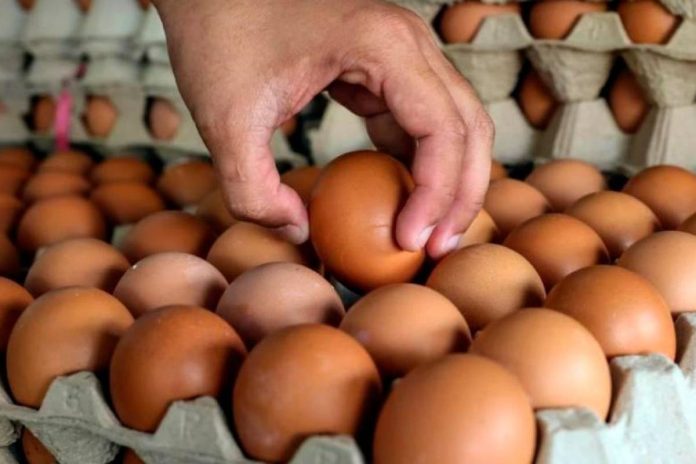BUDGET 2026 is a game changer because the government has chosen to fund its expenditure with minimal increases in taxes, and the increases has been confined to foreigners, reducing pollution and minimising the carbon footprint, and discouraging damage to our health.
Generally, the rakyat has not been burdened with any new taxes.
In 2026, the total expenditure of the Budget will be about RM419 billion versus RM412 billion in 2025 with an expected budget deficit of 3.5% amounting to RM74.5 billion. The operating expenditure that will be largely spent on emoluments, debt service charges, subsidies, retirement charges, etc, will amount to RM338 billion, and the development expenditure will be RM81 billion.
The government’s direction
In Prime Minister and Finance Minister Datuk Seri Anwar Ibrahim’s words: “This government chose to improve governance in implementing targeted subsidies without adding burden to the people. This approach has enabled us to combat corruption, curb smuggling, and dismantle cartels.
“We have chosen the long, difficult, and winding road – that of reform, strict fiscal discipline and institutional strengthening, because only this path can ensure the country benefits in the long term.”
Where is the self-funding coming from?
The biggest component will be from the subsidy reduction of diesel and RON95 petrol totalling RM7.5 billion, together with the restructuring of electricity tariffs which will add another RM6 billion. Floating chicken and egg prices will provide further savings of RM2 billion.
The second component will be from the introduction of additional taxes. Carbon tax will be imposed for three industries, – iron, steel and energy – which is intended to assist in meeting the zero-carbon target by 2050. The 2% excess dividend tax introduced last year for individuals receiving dividends from companies in excess of RM100,000 will now be extended to partners of limited liability partnerships (LLP) who receive distributions in excess of RM100,000 annually.
To discourage smokers and drinkers, excise duty on alcohol and tobacco products will be increased.
Stamp duty will be doubled from 4% to 8% for any transfer of residential properties to foreign individuals and companies. This will not affect permanent residents.
Some tax incentives have been reviewed and, in certain cases, reduced to align with the outcome-based approach rather than the blanket approach.
There are many incentives given to the tourism industry to attract tourists as part of the Visit Malaysia 2026 initiative. Incentives have been given to tour operators, organisers of international conferences, trade exhibitions and international arts, cultural, tourism, sports and recreational events. Attracting foreign tourists will being in significant inflows of foreign money with minimal costs. Domestic tourism has also been promoted to increase domestic demand through a tax relief of RM1,000 on the admission to local tourism centres and cultural programmes.
The RM15 billion that will be distributed through Sumbangan Tunai Rahmah and Sumbangan Asas Rahmah in 2026 will have a multiplier effect on the economy which will result in businesses supplying these segments of the population paying extra income taxes and collecting extra Sales and Service Tax.
The extension of tax exemption for foreign-sourced dividend income and capital gains for companies, LLP, trust bodies, cooperatives to 2030 will bring back funds into Malaysia. Unit trust will enjoy a similar extension on their exemption on their foreign sourced income until 2030.
As the saying goes, “There is no gain without pain”. The government needs to increase tax collection to fund the Budget. The 2026 budget for the Inland Revenue Board (IRB) has been increased to RM187 billion from RM177 billion, and Royal Malaysian Customs Department’s budget has been increased to RM83 billion from RM76 billion.
Bearing in mind that no significant new taxes have been introduced, you should expect greater vigilance by both authorities. This simply means that there will be increased frequency of audits and the intensity of checking on the level of compliance will also be increased. It can be anticipated that higher penalties can be expected for cases involving aggressive tax avoidance, fraud, evasion, and negligence. Anyone involved in corruption, smuggling, or counterfeiting will be severely dealt with through increased penalties and perhaps enforcement through the courts.
In this environment, taxpayers must pay much greater attention to compliance. However, you can also expect more disputes with the authorities since tax laws are always subject to multiple interpretations. In the course of improving governance in administering the tax system, it is extremely important that the tax authorities are mindful of the taxpayer’s rights.
Finally, the announcement by the prime minister that he will be expediting tax refunds is extremely welcome as taxpayers are facing cash flow problems in the current turbulent world economy.








